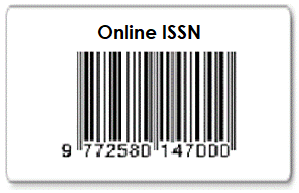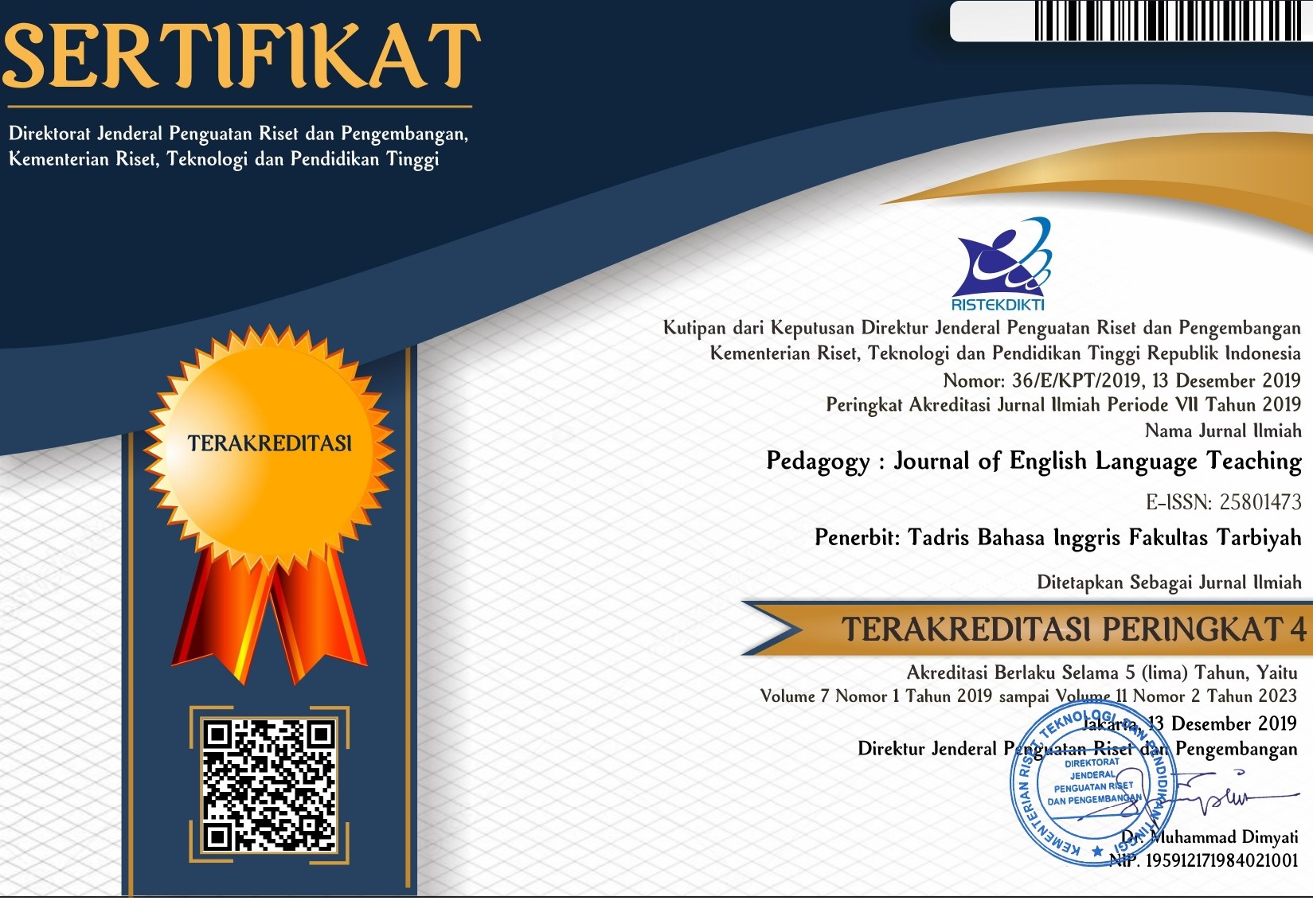Higher Education Students’ Voice in Experiencing Problem Based Learning
DOI:
https://doi.org/10.32332/pedagogy.v7i2.1676Keywords:
Authentic experiences, Materials development, Problem Based LearningAbstract
This paper is aimed at describing the students’ perception of the implementation of problem-based learning during the Materials Development course in the eve semester 2018. The participants were 58 students of English pre-service teachers. The data were collected through the 58 reflective writings at the end of the course, and the observation recording during the group discussion. Through qualitative analysis, there are five positive themes, and two negative themes found in the reflective writings. This study found that among three characteristics of Problem based learning, most of the students perceived positively in stimulating critical thinking and devoting authentic experiences. Whereas, there are also some students who perceived problem-based learning as challenging, especially in technical obstacles such as; the appearing of the lecturer’s stress during discussion session; not engaging friends in a group.















